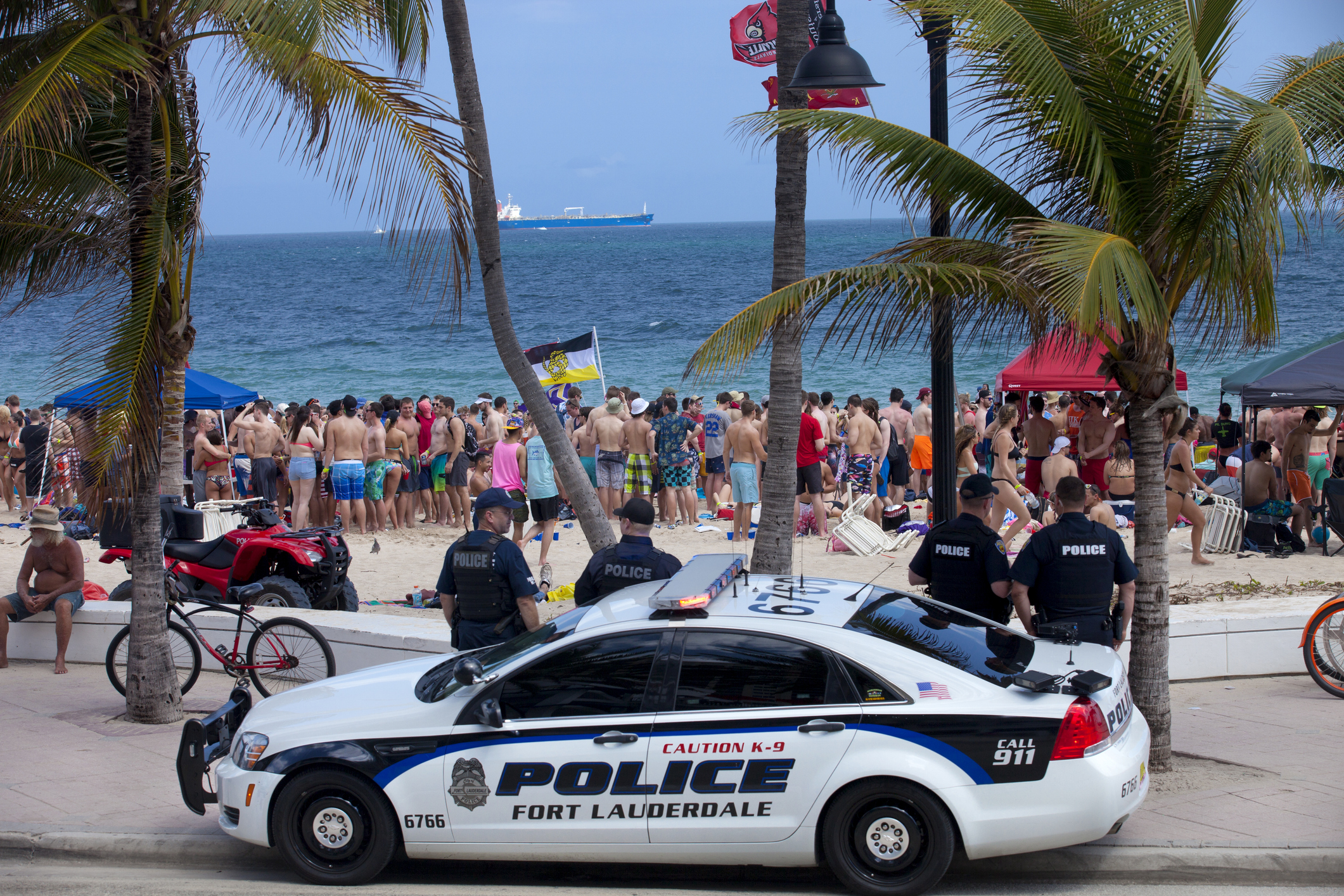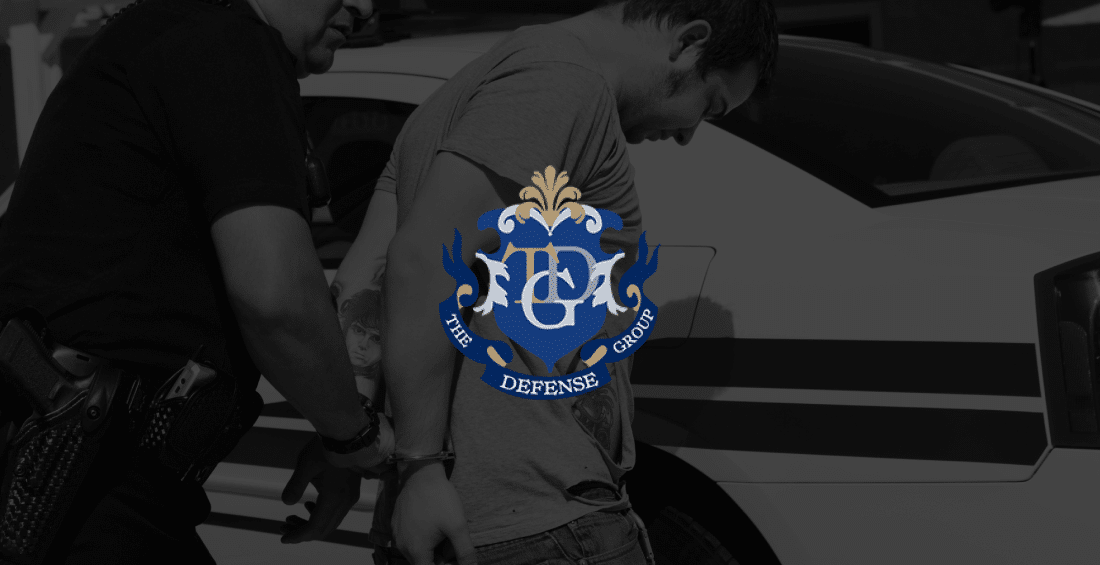What is Disorderly Conduct?
Spring Break is an American tradition. Every year, millions of young people flock to the country’s beach towns and resorts for relaxation. Because of this large influx of partygoers, police tend to be especially vigilant. This includes making a large number of tourist arrests. In Miami alone, police arrested almost 500 people during March of 2023. Many of these arrests are for disorderly conduct.
Disorderly conduct is defined as any behavior said to “corrupt the public morals” under 877.03 of the state penal code. It covers a wide range of behaviors including but not necessarily limited to:
- Disturbing the Peace
- Brawling/Fighting
- Inciting Others to Violence
- Interfering With Traffic
- Public Intoxication
- Loud or Aggressive Behavior
- Using Obscene Language in Public
Disorderly conduct also includes any behavior that constitutes “a breach of the peace.” Because of the law’s vagueness, it is up to the discretion of law enforcement personnel whether a person has committed disorderly conduct. This means a person could face criminal charges for behavior they didn’t even perceive as harmful or criminal. This can be incredibly distressing for young people just starting their lives. That is why if you or a loved one were arrested for disorderly conduct during Spring Break, you should contact an experienced defense attorney from our team.
Can I Go to Jail for Disorderly Conduct?
Yes. In the State of Florida, disorderly conduct is considered a second-degree misdemeanor. Under Florida law, second-degree misdemeanors are punishable by up to two months in jail and a $500 fine. Two months in jail is more than enough to impact someone’s life permanently. You could be forced to drop courses if you’re currently enrolled in college. This could delay your entire degree plan and academic career. Depending on the circumstances, you could lose any grants or scholarships you received or even face expulsion.
Even if you are not a current student, two months in jail can result in job loss, the loss of a home or apartment, and long-lasting damage to interpersonal relationships. Additionally, a criminal conviction could make finding future employment or a place to live difficult. Although some people may think misdemeanors are “only” minor crimes, they are still criminal convictions with potentially long-lasting repercussions. That is why if you or a loved one were arrested for disorderly conduct during Spring Break, you should immediately contact an experienced defense attorney.
Do I Have to Stay in Town if I’m Arrested During Spring Break?
This depends on the circumstances of the case. Often, if you are arrested somewhere other than where you live, you must stay in town until you are granted permission to return home. Even then, you may be required to return for a trial.
If you return to your home city or state without taking the proper legal steps, a warrant may be issued for your arrest. This can be done even if you live in another state. The U.S. Constitution requires states to turn suspects over to other states to stand trial. The legal process of one state turning over a suspect to another state is called extradition. Extradition can add extra time, stress, and potential legal issues to your case.
If you left town without the permission of law enforcement and had to be extradited back to Florida, you could potentially face even more criminal charges. If you’re arrested for disorderly conduct, you must contact one of our team’s experienced attorneys immediately. This is especially true if you are visiting from out of town for Spring Break. A defense attorney will be able to ensure you follow legal procedures correctly and let you know if and when you can leave town.
What Are Defenses to Disorderly Conduct?
Depending on the circumstances of the case, there are multiple potential defenses to disorderly conduct. While the definition of the charges may be vague, this can potentially work in a defendant’s behavior if they can demonstrate their behavior did not constitute activity that “corrupts public morals.” For example, if you were arrested based on loud noise, an attorney can call witnesses to testify that the noise level was reasonable and that law enforcement was being overzealous.
Self-defense is also a valid argument against charges of disorderly conduct. If you were protecting yourself or another person from harm, an attorney can demonstrate at trial that you were within your rights and that the arrest was made in error. An attorney can establish this through witness testimony, by obtaining security camera footage, bystander footage, and more.
Another potential defense is free speech. Some law enforcement officers may overstep their bounds and arrest someone for disorderly conduct based on speech or views they disagree with. It is protected under the First Amendment as long as your speech was not inciting violence or endangering public safety (such as falsely shouting “fire” in a crowded room).
These are only a few potential defenses to disorderly conduct. An experienced attorney can review your case and custom-tailor an argument, especially for you or your loved one.
What Should I Do if I Get Arrested for Disorderly Conduct?
Disorderly conduct may seem like a minor charge. The truth is that the repercussions could last for years to come. Even a tiny fine or brief stay in jail could disrupt the course of your life. The attorneys of The Defense Group have a collective 100+ years of experience defending Floridians. This includes years of protecting the rights of Spring Breakers.
We understand that young people can sometimes get into difficult situations. We don’t think people should have to carry the weight of the mistakes they make when they’re young for the rest of their lives. We believe in helping everyone get a fresh start for themselves and their loved ones. Memories of Spring Break should last a lifetime. Those memories should be happy ones. If you or a loved one have been arrested for disorderly conduct on Spring Break, call The Defense Group today at 407-743-8430 to schedule your free consultation.










